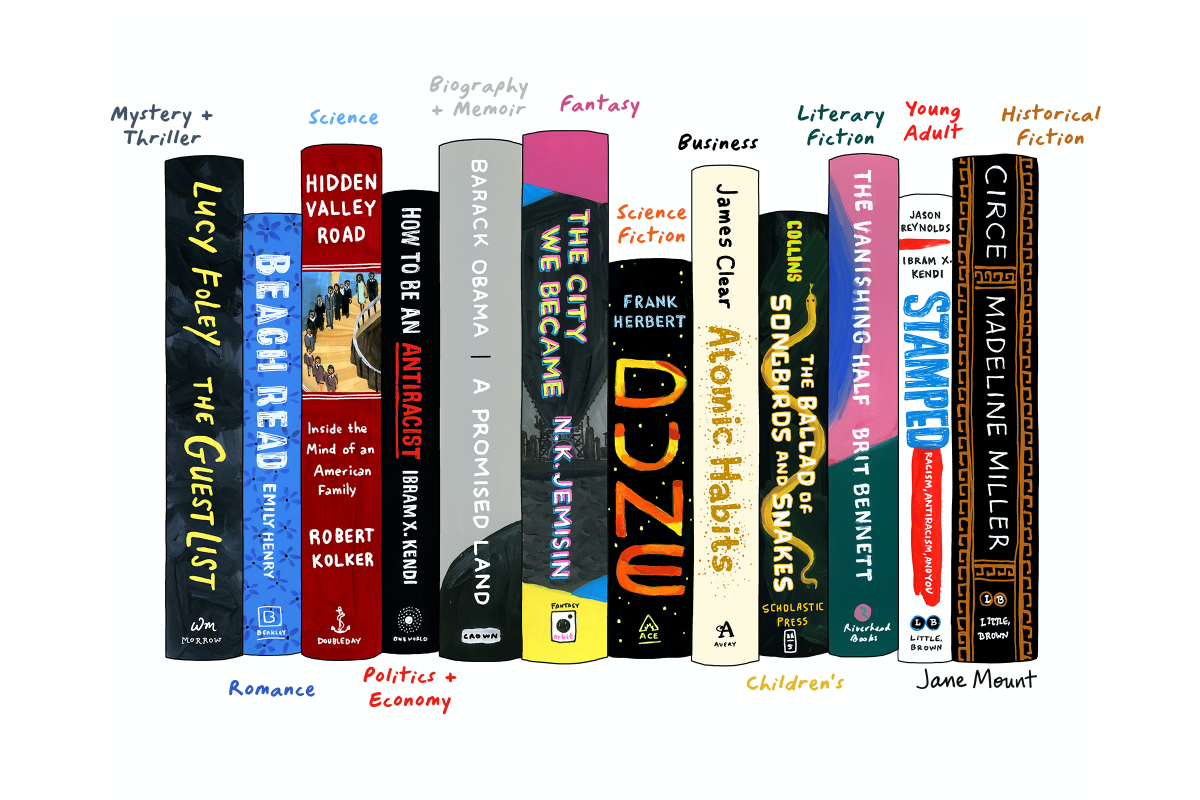
NOTE: This article is a republication- Source: CrimeReads (by Jacqueline Winspear).
When I sat down at my desk and began to write the story that became my first published novel, Maisie Dobbs, I didn’t really have a distinct literary form in mind. I wasn’t thinking “mystery” and certainly wasn’t thinking “crime.” I had a story in my head about a young girl who makes a transition from one social class to another, and who has a life-changing experience of war that effectively removes any vestiges of youthful innocence. As she was now thirty-two, I had to give her a job, and within a few lines, I knew she was an investigator of sorts, one who had a deep sense of the human condition and psyche—the “soul.”
As writing progressed, other characters entered to help bring her to life, revealing not only her strengths, but the places where she was scathed by experience and where she hurt. By the time I had a manuscript in my hand, I thought I’d wrien a coming of age/war story with a sort of underpinning of mystery, and for the sake of the cover letter I was sending unsolicited to a collection of agents gleaned from a directory, I described Maisie Dobbs as “cross genre.” And that doesn’t help most agents, publishers, publicists, or booksellers at all. NPR’s Maureen Corrigan described the novel as a “curious confection”—but lucky me, getting a review on Fresh Air! Later, in bookstores, I saw Maisie Dobbs shelved in several sections, including in one instance, “Anti War.” I loved it!
However, the fact is that readers expecting a series of whodunits had come to the wrong place, because I am a proponent of the notion that a mystery does not have to include a crime—indeed, I’ve always viewed it as the archetypal journey through chaos to resolution. But that doesn’t help the PR pros to pitch a novel or indeed booksellers and librarians to shelve it—and it plays havoc with reviewers. Does this go to the Crime critic? The Historical Novel expert? Or the … well, fill in the gap. Within the literary form that we tag “mystery” you will read some of the finest fiction on the subject of the environment, the machinations of government, immigration, treatment of refugees, poverty, international conflict—and so many more subjects from writers who have done stellar homework or who are already experts in their field but have chosen fiction to touch upon universal truths rather than be restricted by hard-wired facts. Perhaps noted historian Simon Schama was onto something when he said in his series, The History of Now, “It’s not always politicians, but artists, musicians and writers who rouse us from indifference and become the true agents of change.” That works as long as we also remember that as novelists of whatever stripe, we are in the entertainment industry.
To read the full article click here